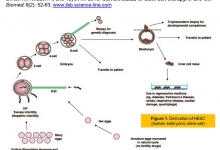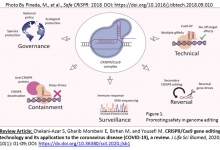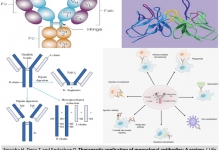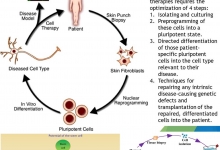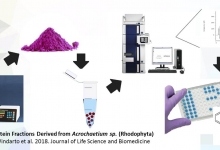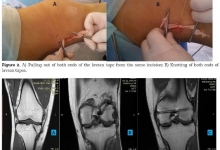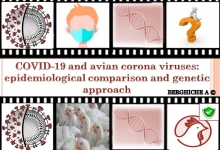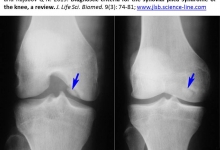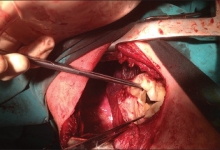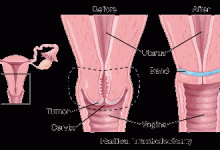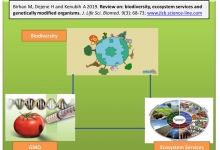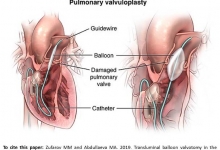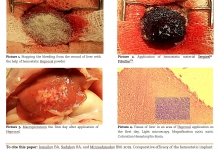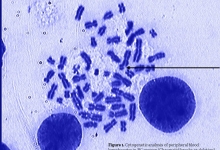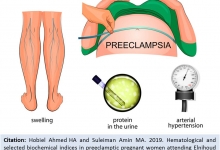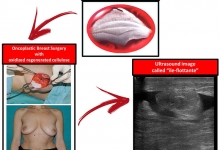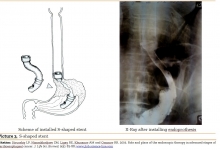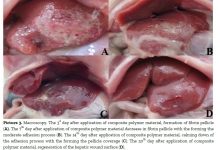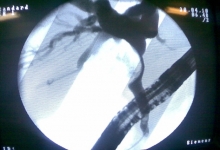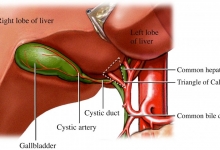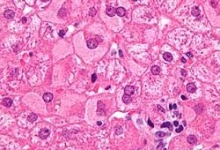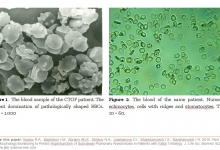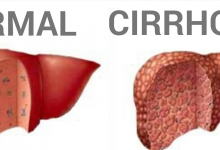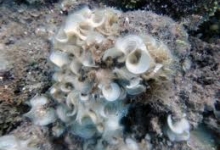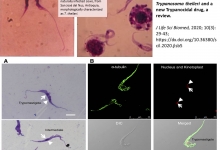Open Access
| ARTICLE TOOLS | |
| Abstract | |
| HTML | |
| ePUB | |
| MOBI | |
| AZW3 | |
| XML | |
| Export to |
|
| Export to |
|
| Export to |
|
| Export to |
|
| Article Statistics | |
| Viewed: 3582 Downloaded: 2281 Cited: 31 |
|
| Related Articles |
Original Research
Investigating the Relationship between Self-Efficacy, Cognitive and Metacognitive Strategies, and Academic Self-Handicapping with Academic Achievement in Male High School Students in the Tribes of Fars Province
Javanmard A., Hoshmandja M and Ahmadzade L.
J. Life Sci. Biomed., 3(1): 27-34, 2013; pii:S225199391300006-3
ABSTRACT
This study is aimed at Investigating the relationship between self-efficacy, cognitive and metacognitive strategies, and academic self-handicapping with academic achievement in male high school students in the tribes of Fars Province, Iran. A descriptive, correlational method has been used. The population of this study is male high school students in the tribes of Fars Province studying in the academic year of 2010-2011. A sample of 322 students was selected by means of cluster samplingç The instruments utilized in this study include the Self-efficacy Questionnaire developed by Schwarzer and Jerusalem, the Cognitive and Metacognitive Strategies Questionnaire developed by Vahedi, and the Self-handicapping Questionnaire developed by Jones, and Rhodewalt. The data gathered in this research were analyzed by means of descriptive statistics (mean, frequency, and standard deviation) and inferential statistics (Pearson correlation coefficient, regression, one-way ANOVA, Scheffe test, and the Kolmogorov-Smirnov test). The findings revealed that there is a significantly positive relationship between self-efficacy and academic achievement. Furthermore, there is a significantly positive association between cognitive and metacognitive strategies and academic achievement. In addition, there is a significantly negative relationship between academic self-handicapping and academic achievement. The results of the regression analysis showed that academic self-handicapping and academic self-efficacy are significant predictors of academic achievement, and cognitive and metacognitive strategies are not good predictors of academic achievement. Moreover, the results of this research demonstrated that different groups of students - students had different fields of study and were in different grades – were not significantly different with regard to academic self-efficacy, academic self-handicapping, and cognitive and metacognitive strategies. However, there were significant differences in employing metacognitive strategies with regard to students’ grades and fields of study.
Keywords: Self-efficacy, cognitive strategies, Metacognitive strategies, Academic self-handicapping, Academic achievement, Nomadic students.
This Article Cited by the following 31 articles (Click here to see updates)
1. Effect of a computational scaffolding in the development of secondary students' metacognitive skills
A Huertas, G Vesga, A Vergara… - International Journal of…, 2015 - inderscienceonline.com
A Kalyon, I Dadandi, H Yazici - Dusunen Adam, 2016 - dusunenadamdergisi.org
A Huertas, O López, L Sanabria - Journal of Educational…, 2017 - journals.sagepub.com
S Hamid, VS Singaram- African Journal of Health Professions Education, 2016 - ajol.info
5. Composición factorial de la Escala de Autoeficacia Académica en universitarios mexicanos
H Blanco, JF Aguirre, JC Barrón…- Formación universitaria, 2016 - scielo.conicyt.cl
CE Rotairo, RA Avilla, FQ Arañes- The Normal Lights, 2015 - po.pnuresearchportal.org
AGC Wicaksono - Jurnal Pendidikan Sains, 2015 - journal.um.ac.id
JRB Ornelas, HB Vega, YR Ledezma…- …Scientific Journal, ESJ, 2015 - eujournal.org
H AYDOĞAN - Kastamonu Education Journal, 2017 - 79.123.169.199
JO AYENI - 2014 - ir.library.ui.edu.ng
H Haghani - Iranian Journal of Medical Education, 2014 - ijme.mui.ac.ir
C Puengtum - 2015 - repository.au.edu
H AYDOĞAN- Kastamonu Üniversitesi Kastamonu Eğitim Dergisi - dergipark.gov.tr
JM Rodríguez, M Ornelas, JR Blanco…- Formación…, 2015 - scielo.conicyt.cl
F Rahimi, H Mirnasab, E Alamdar, K Kamali… - 2018 - ijnr.ir
F Ishak, AD Corebima, S Mahanal - 2018 - repository.uksw.edu
|
How to Cite this Article |
|
Pubmed Javanmard A, Hoshmandja M, Ahmadzade L. Investigating the relationship between self-efficacy, cognitive and metacognitive strategies, and academic self-handicapping with academic achievement in male high school students in the tribes of Fars Province. Journal of Iife Science and Biomedicine. 2012;3(1):27-34. MLA Javanmard, Ali, Manizhe Hoshmandja, and Leila Ahmadzade. "Investigating the relationship between self-efficacy, cognitive and metacognitive strategies, and academic self-handicapping with academic achievement in male high school students in the tribes of Fars Province." Journal of Iife Science and Biomedicine 3.1 (2012): 27-34. APA Javanmard, A., Hoshmandja, M., & Ahmadzade, L. (2012). Investigating the relationship between self-efficacy, cognitive and metacognitive strategies, and academic self-handicapping with academic achievement in male high school students in the tribes of Fars Province. Journal of Iife Science and Biomedicine, 3(1), 27-34. Chicago Javanmard, Ali, Manizhe Hoshmandja, and Leila Ahmadzade. "Investigating the relationship between self-efficacy, cognitive and metacognitive strategies, and academic self-handicapping with academic achievement in male high school students in the tribes of Fars Province." Journal of Iife Science and Biomedicine 3, no. 1 (2012): 27-34. Harvard Javanmard, A., Hoshmandja, M. and Ahmadzade, L., 2012. Investigating the relationship between self-efficacy, cognitive and metacognitive strategies, and academic self-handicapping with academic achievement in male high school students in the tribes of Fars Province. Journal of Iife Science and Biomedicine, 3(1), pp.27-34. Vancouver Javanmard A, Hoshmandja M, Ahmadzade L. Investigating the relationship between self-efficacy, cognitive and metacognitive strategies, and academic self-handicapping with academic achievement in male high school students in the tribes of Fars Province. Journal of Iife Science and Biomedicine. 2012;3(1):27-34. |


